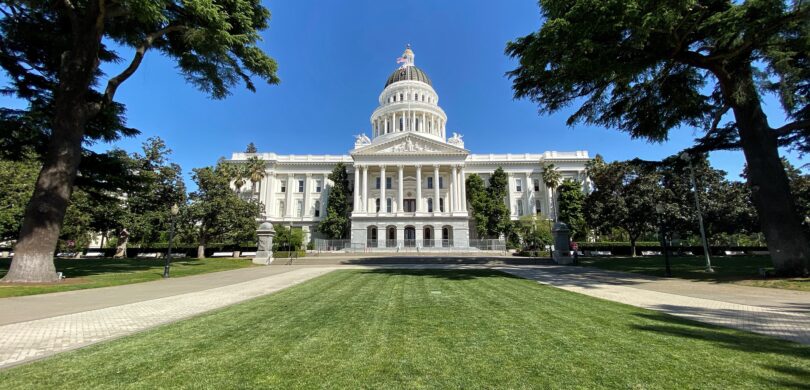California’s 2023 legislative Session began on December 5, 2022, and adjourned on September 14, 2023. Over the past 10 months, Sacramento has been busy with hearings, votes, and debates over hundreds of bills. This year, Governor Gavin Newsom began the 4th year of his term with a Democratically controlled legislature.
California’s Legislature has a total of 120 legislators, 80 Assemblymembers and 40 State Senators. The Assembly is composed of 62 Democrats and 18 Republicans, while the Senate is composed of 32 Democrats and eight Republicans.
Before the session began, Democratic leaders announced their legislative priorities:
- Housing
- Climate change
- Economic investment
- Big oil industries
- The opioid crisis
- Healthcare
- Systemic racism
- Public transportation.
Republican leaders shared their own, including: cutting government costs, tackling crime, acting on homelessness, investing in students, building water storages, and reducing wildfires.
Governor Gavin Newsom broke tradition by not delivering a State of the State address, where governors make the case for their agenda. Instead, he traveled throughout the state to share priorities. Governor Newsom’s legislative priorities include SB 2, ‘The Price Gouging Penalty Bill.’ This bill passed on March 27, 2023, and went into effect on June 26, 2023.
Key 2023 Session Data
In California, 3,036 bills were introduced during this year’s legislative session. Of those, nearly 40% (1,196) were passed by the Senate and Assembly. Governor Newsom has signed nearly 400 bills into law. He will sign many more throughout the rest of September. New laws relate to abortion, education, climate change, the LGBTQ+ community, and consumer protections.
Key Legislative Trends in California
- Gun control
- LGBTQ+ rights
- Climate change
- Abortion and reproductive healthcare
- Education
- Elections and voting rights
- Anti-discrimination
- Criminal justice reform
How Is Housing Impacting the 2024 Elections?
How is housing policy impacting the 2024 elections? The US is facing a housing affordability crisis affecting both buyers and renters. Learn more today.
Tips for Navigating Transitions in Your Public Policy Career
Your public policy career will be filled with transitions. Successfully navigating them is key. Learn about our tips and tricks today.
What’s New in Plural
Plural offers a robust suite of tools, including legislative tracking with AI-powered insights. Learn more about our new features toda



